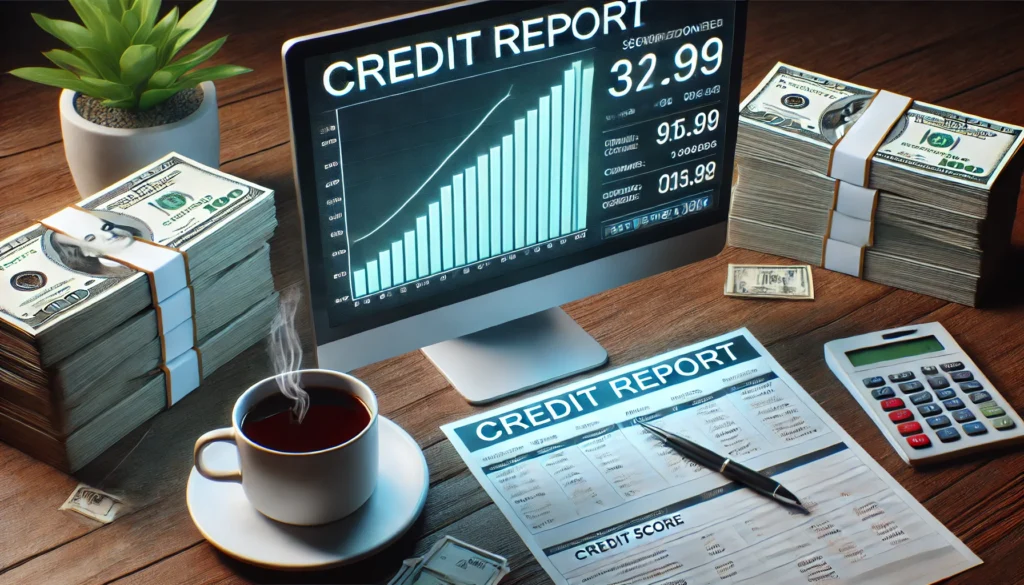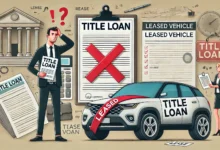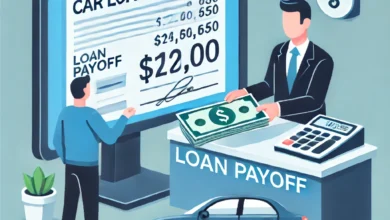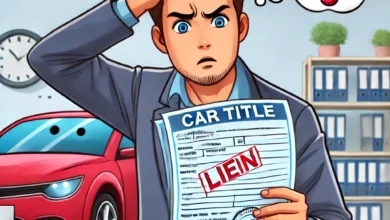What Happens If Car Loan Is Not Paid By Maturity Date

Have you ever wondered what happens if you don’t pay off your car loan by the maturity date? It’s a question that many people might not consider until they’re staring down the barrel of an unpaid loan. Let’s dive into this topic, discuss every aspect, and reveal what you can expect if you find yourself in this situation.
Understanding the Maturity Date
First, let’s clear up what the maturity date is. Simply put, the maturity date is
Consequences of Not Paying by the Maturity Date

If you haven’t paid off your car loan by the maturity date, several things can happen, and none of them are particularly pleasant. Here’s what you need to know:
1. Late Fees and Penalties
The first and most immediate consequence is that you’ll likely be hit with late fees and penalties. These can vary depending on your lender, but they’re generally a percentage of your remaining balance or a flat fee. Late fees can add up quickly, making your financial situation even more challenging.
2. Negative Impact on Your Credit Score
Your credit score is crucial for your financial health. When you miss the maturity date, it gets reported to credit bureaus as a delinquency. This can significantly lower your credit score, which affects your ability to secure loans or credit in the future. A drop in your credit score can impact everything from renting an apartment to getting a new credit card.
3. Accrued Interest
Interest doesn’t stop accumulating just because you’ve passed the maturity date. In fact, the longer your loan goes unpaid, the more interest you’ll accrue. This can cause your debt to balloon out of control, making it even harder to pay off.
4. Repossession of Your Vehicle
One of the most severe consequences is vehicle repossession. If your lender decides that you’re too much of a risk, they can repossess your car. This means they’ll take back the vehicle, often without warning, and sell it to recoup their losses. Having your car repossessed can be incredibly stressful and disruptive, especially if you rely on it for daily transportation.
5. Legal Action
In some cases, lenders
What You Can Do
If you’re approaching your car loan’s maturity date and you know you won’t be able to pay it off, don’t panic. There are steps you can take to mitigate the damage:
1. Communicate with Your Lender
The first step is to talk to your lender. Explain your situation and see if you can work out a solution. Lenders often prefer to work with you rather than go through the hassle of repossession or legal action. You might be able to negotiate a loan extension or a revised payment plan.
2. Refinance Your Loan

Refinancing your car loan could be another viable option. By refinancing, you might be able to secure a lower interest rate or a longer repayment term, which can make your monthly payments more manageable. Just be sure to shop around for the best rates and terms.
3. Sell the Car


If you’re in over your head with your car loan, consider selling the vehicle. By selling it, you can use the proceeds to pay off the loan. This might not be ideal if you still need a car, but it can help you avoid further financial complications.
4. Seek Professional Financial Advice

Sometimes, the best course of action is to consult with a financial advisor. They can help you assess your situation and come up with a plan to tackle your debt. Professional advice can provide clarity and options you might not have considered.
Final Thoughts
Missing your car loan’s maturity date can have serious consequences, but it’s not the end of the world. The key is to be proactive and communicate with your lender. By understanding your options and taking action, you can navigate this challenging situation and work towards a more stable financial future.















